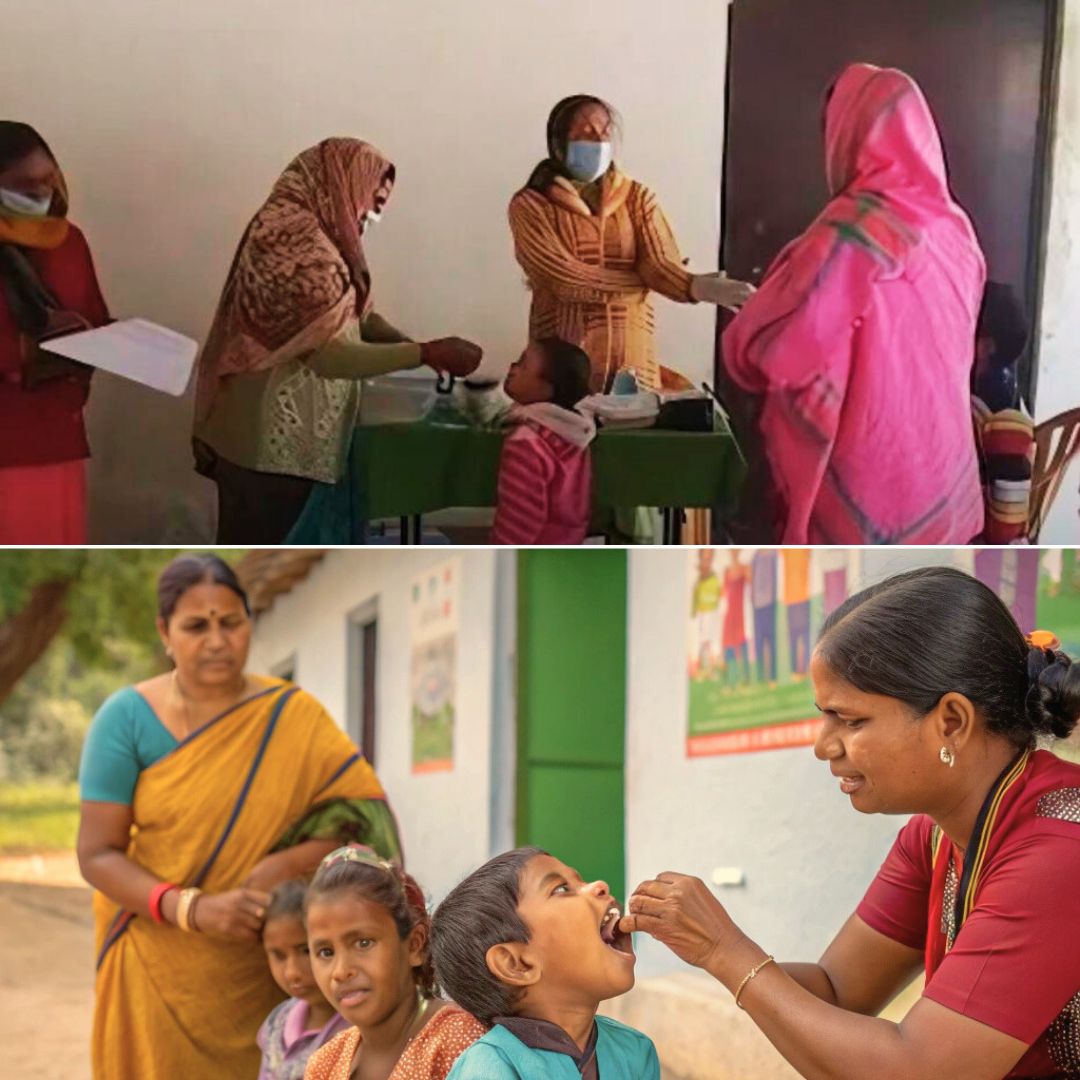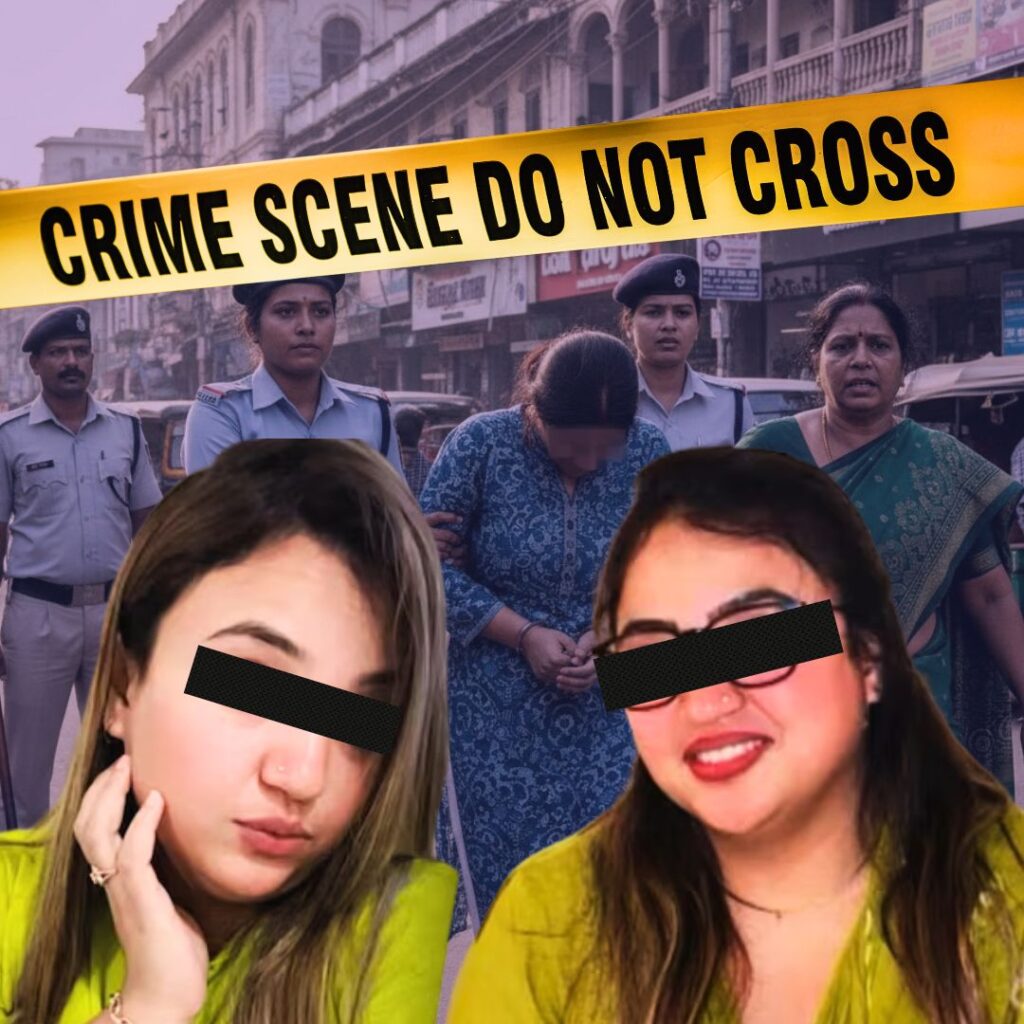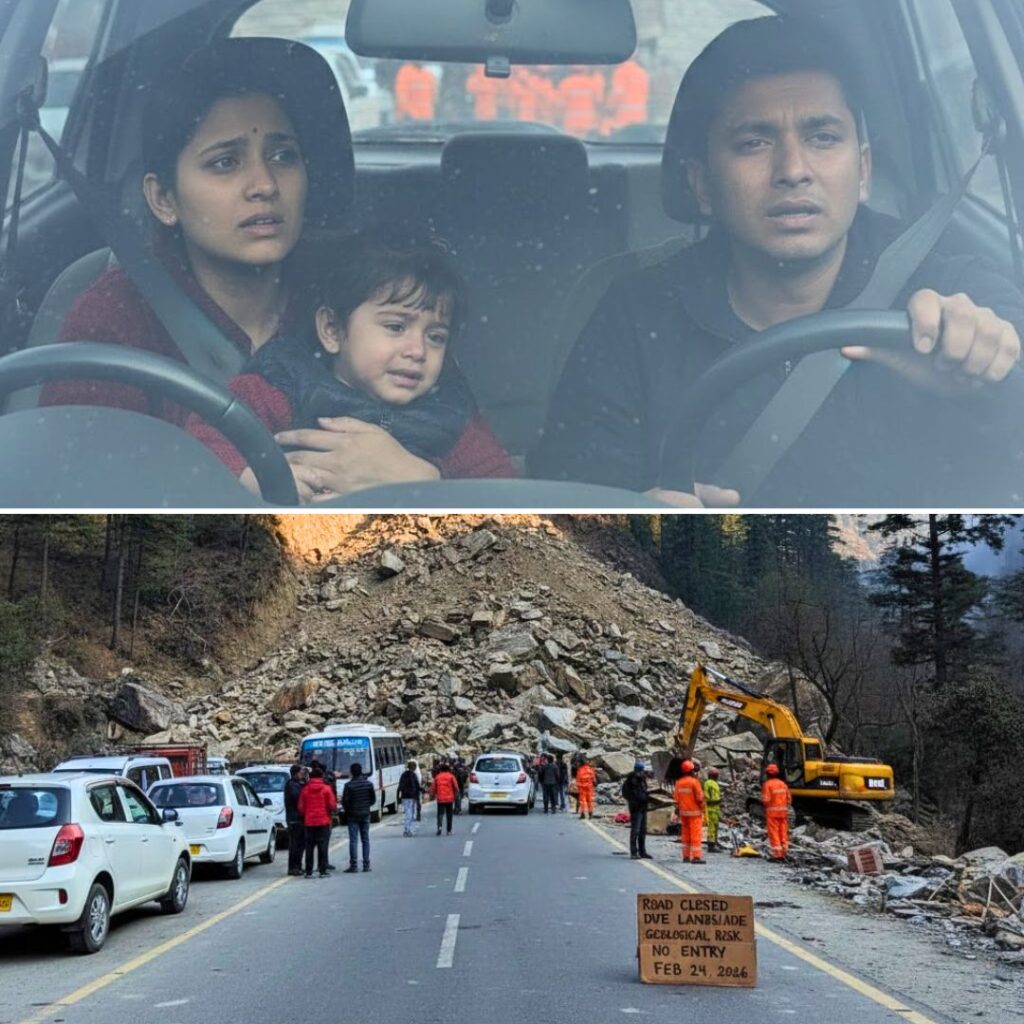Thirteen children from an Anganwadi centre in Hiresani village, near Ripponpet in Shivamogga district, Karnataka, were hospitalised on Tuesday after developing symptoms of stomach pain and vomiting following the administration of vitamin A drops under a government health programme.
The children, aged between 2 and 6, were initially treated at a local private hospital and later referred to McGann Hospital in Shivamogga for specialised care.
While anxious parents suspect the vitamin A drops, district health officials have not ruled out contaminated water or food as possible causes. All children are now stable, and an official investigation is ongoing, with laboratory testing of all possible sources.
Children Fall Ill After Preventive Health Drive
The incident began on Tuesday morning when the Anganwadi centre administered vitamin A drops to children as part of a routine government initiative aimed at preventing vitamin A deficiency.
By late afternoon, several children began complaining of stomach pain, vomiting, and general discomfort. Alarmed by the sudden onset of symptoms, parents rushed their children to a nearby private hospital.
As the number of cases increased and symptoms persisted, the children were shifted to McGann Hospital in Shivamogga for more comprehensive treatment.
Sagar MLA Beluru Gopalakrishna, after learning about the incident, visited the hospital, coordinated with doctors, and arranged private vehicles for transport when ambulances were unavailable.
“The children’s health is our utmost priority. We are ensuring they receive the best medical care and that the cause is identified swiftly,” he told reporters.
Investigation Focuses on Multiple Causes
Health officials and the district administration have launched a multi-pronged investigation. Dr Nataraj, the District Health Officer, stated, “We have collected samples of the vitamin A drops, as well as food and water from the Anganwadi centre.
These have been sent to the laboratory for analysis. Preliminary checks show that the same batch of vitamin A drops was used in other centres without incident, so we are not ruling out other sources such as contaminated water or food.”
The district administration has also begun reviewing protocols for storage, handling, and administration of supplements and meals at all Anganwadi centres.
As of Friday, hospital authorities confirmed that all affected children are stable and responding well to treatment, with most expected to be discharged after a final round of observation.
Context: Past Incidents and Public Concerns
This incident has reignited concerns about the safety and monitoring of government health programmes, especially those targeting young children in rural areas.
In the past, there have been sporadic reports from across India of adverse reactions following the administration of supplements or vaccines at Anganwadi centres and schools, sometimes due to improper storage, expired products, or contamination.
However, vitamin A supplementation remains a critical public health measure to prevent childhood blindness and boost immunity.
The district’s swift response prompt hospitalisation, official visits, and immediate investigation has been welcomed by many, but parents and local activists are calling for greater transparency, regular audits, and better training for frontline health workers.
“We want to know exactly what happened and how it will be prevented in the future,” said one parent outside McGann Hospital.
The Logical Indian’s Perspective
This episode is a powerful reminder of the importance of rigorous safety checks, transparent communication, and community trust in public health initiatives. While the quick action by medical teams and local leaders is commendable, it is equally vital to listen to parents’ concerns and ensure thorough, impartial investigations.
Preventive health programmes are essential for India’s children, but their success depends on the confidence and participation of families. As we await the results of the laboratory tests, The Logical Indian urges authorities to share findings openly and take corrective action where needed. How can we, as a society, work together to make public health programmes safer and more effective for every child?












